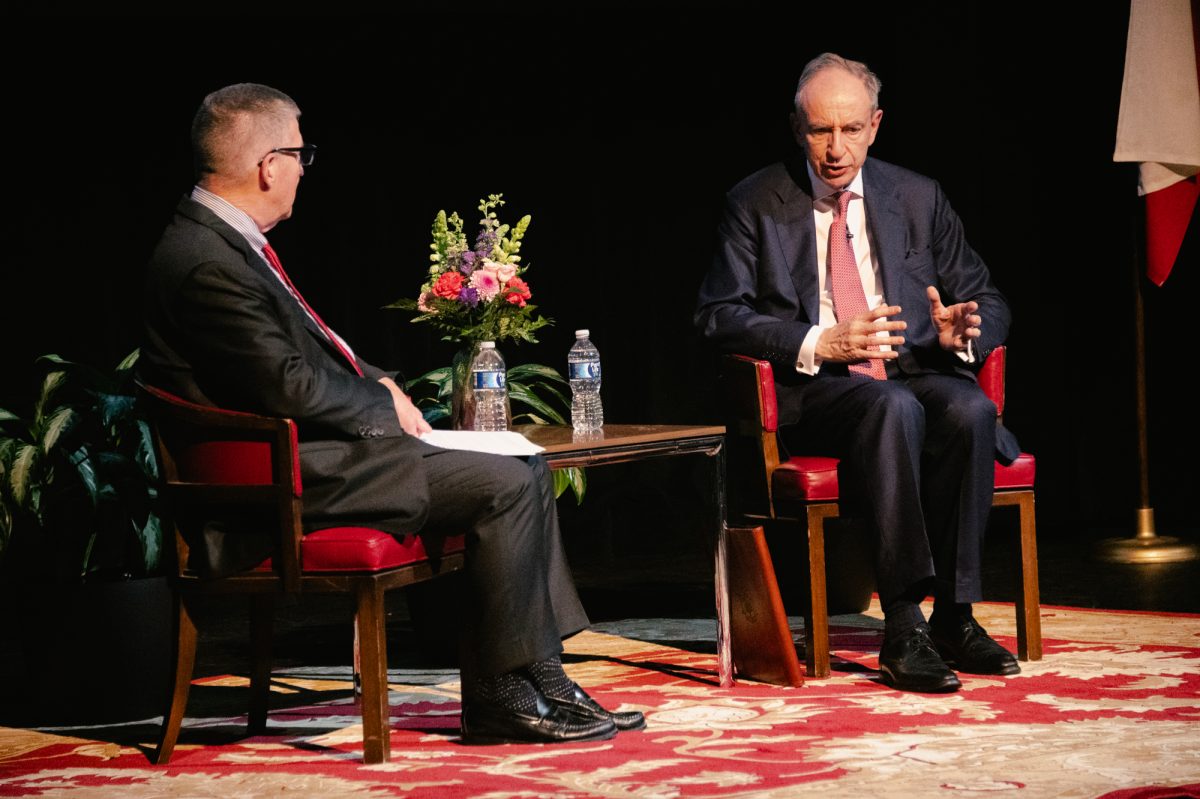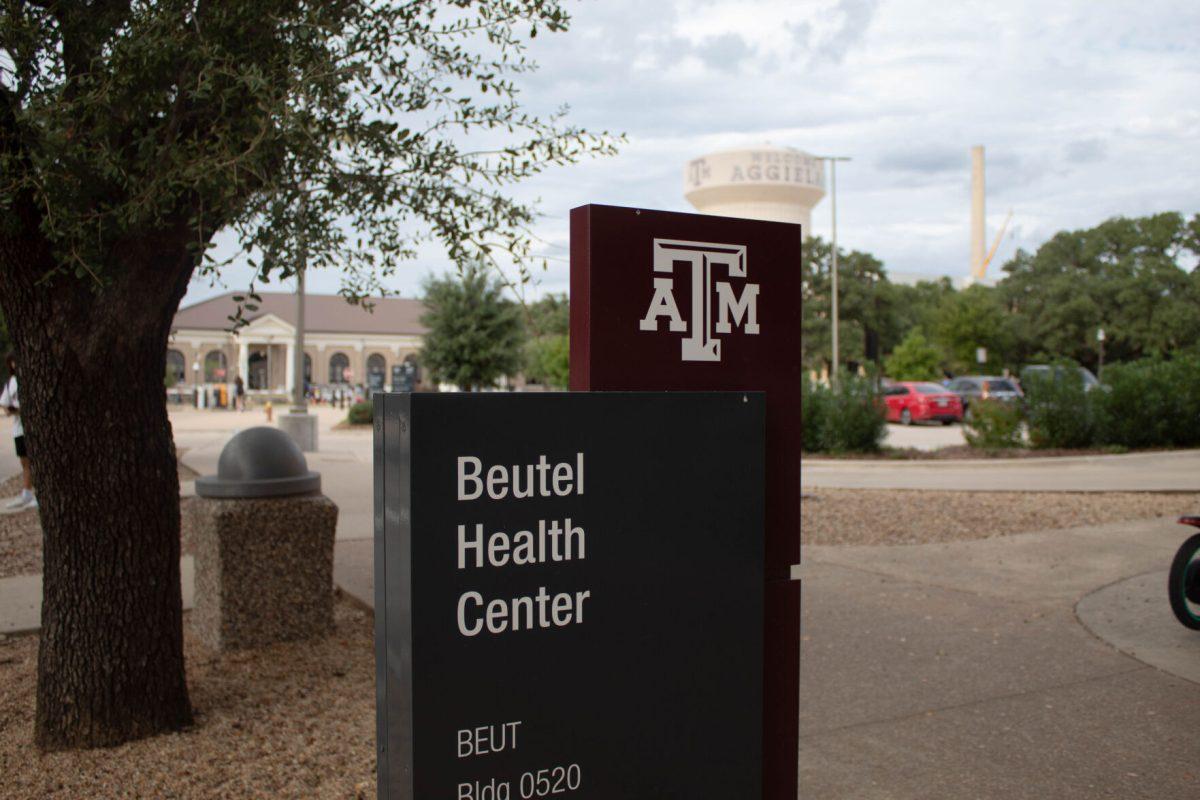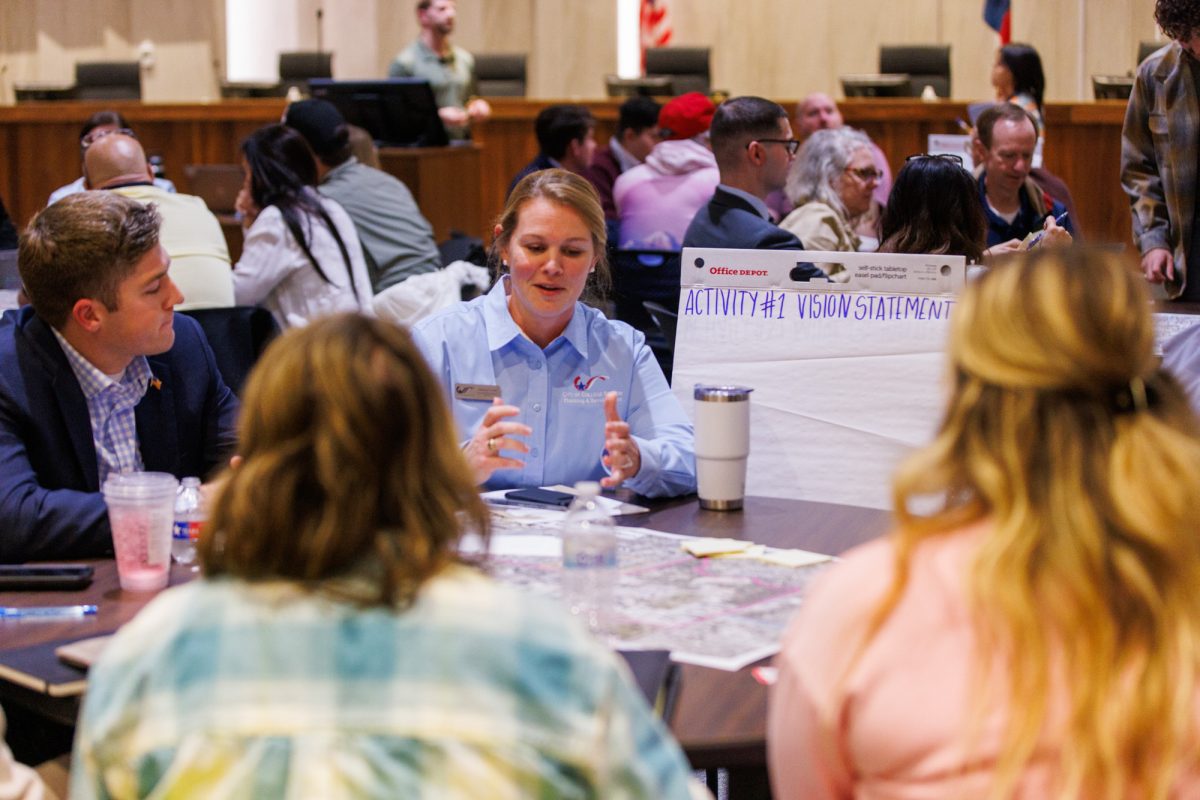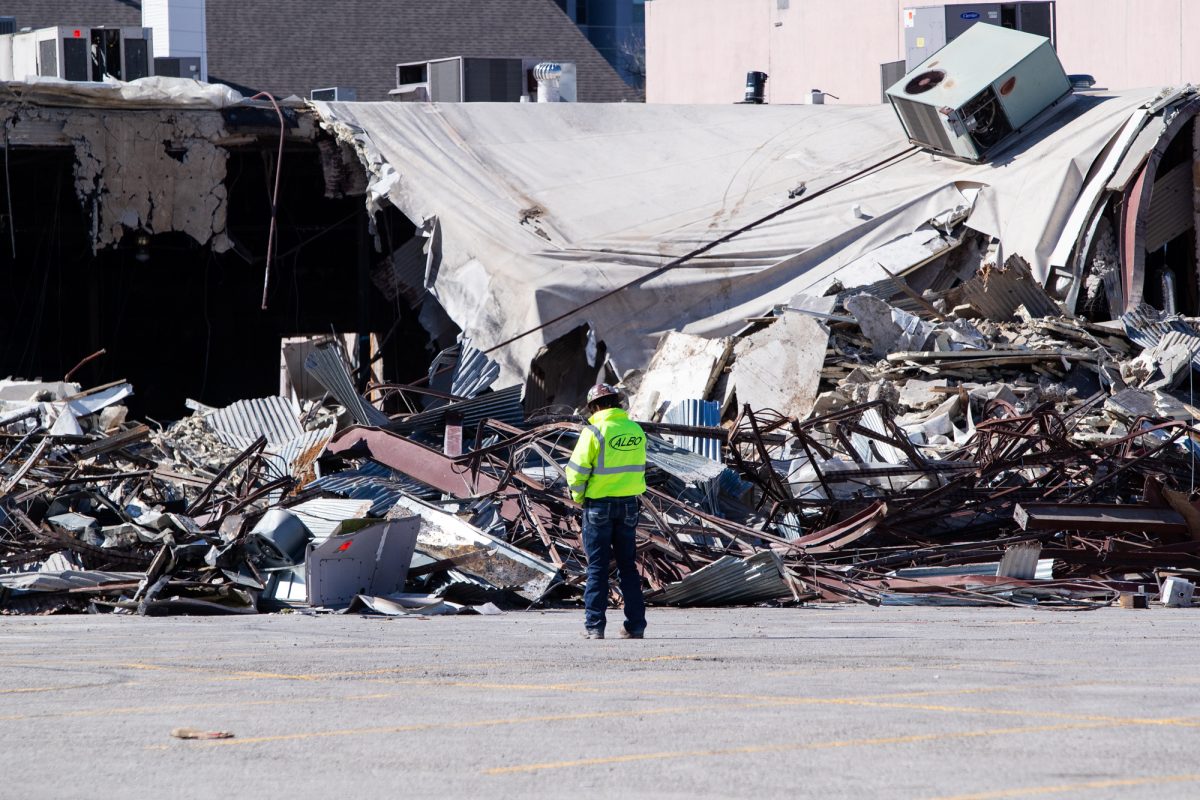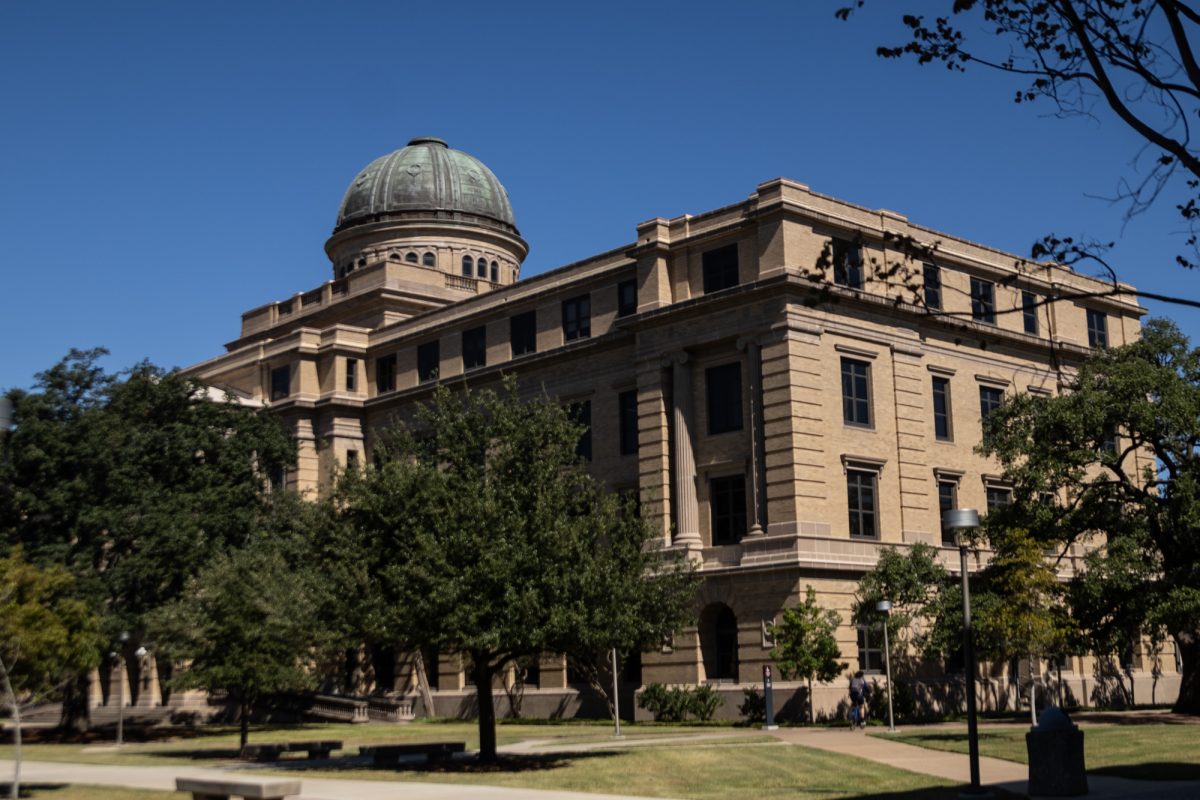Texas passed a new law allowing bystanders who see someone overdosing to call emergency services with protection from prosecution. However, some say this law does not substantively protect those who overdose or those who feel morally obligated to report.
Effective Sept. 1, 2021, H.B. No. 1694, also known as the Jessica Sosa Act, added Texas statutory exceptions to penalties regarding to punishment of drug possession and use. Those exceptions applied to those who were the first to contact 911 and did so while the victim was suspected of overdosing, similar to those with alcohol poisoning.
However, callers are not protected if they had called 911 for an overdose in the past 18 months, have been convicted of a felony or have used this same protection when calling for a previous overdose.
Texas A&M medical director for Emergency Services Dr. Garry Gore said he chose to pursue medicine in order to help others, which is what this bill can help to do.
“Like a lot of people, we have an altruistic goal to help other people,” Gore said. “When we saw what the power of medicine could do, I think that inspired me to join the crowd.”
Gore said he has found overdoses are common in emergency rooms.
“[As an] emergency physician, I’ve had experience with overdose many times throughout my career,” Gore said. “In College Station, we don’t have as many serious overdoses as compared to some of the larger cities in Texas. Mostly we see alcohol overdose and, to a lesser degree, some of the narcotics and some of the harder drug overdoses.”
Although overdoses are not especially prevalent in College Station, Gore said they are completely avoidable.
“Every overdose can be prevented,” Gore said. “People using drugs illegally often are not very experienced with them. They often don’t know exactly what they have and they have no way of verifying in any practical way the concentration or quality of the drug that they are getting.”
Limiting overdoses is one of the main pillars of President Joe Biden’s new Overdose Prevention Plan. Secretary for the A&M Health and Human Services Department Xavier Beccera said this new plan is the backbone of the nation’s plan to curb harm caused by drug use.
“Our new strategy focuses on people … putting the very individuals who have struggled with addiction in positions of power,” Becerra said at the announcement of the new plan in Baltimore.
A&M law professor John Manhire said in the law’s eye, acts of public good are always discretionary.
“These caveats, in my opinion and my experience in working in the federal government and seeing how laws were made, it seems as though they were political compromises,” Manhire said. “The general intent of this law is for the public good. It’s good to enforce laws that the state has deemed criminal. But it’s also good to call 911 in the case of an overdose. This is the balancing act we must measure.”
When contemplating the effectiveness of the new law, Manhire said he is not in support of the effectiveness of the law.
“I don’t necessarily think it’s good policy, if in fact, you really want to get that person to call 911 if they see someone in an overdose situation,” Manhire said.
The need for those witnessing an overdose to feel safe from extenuating circumstances is of basic necessity, Gore said.
“As a medical provider, I don’t care how you got into the state you got into; if you need help, you should be able to get it,” Gore said.
For more information on this law, visit https://legiscan.com/TX/bill/HB1694/2021.
Officials say Texas’ Good Samaritan law comes with conditions
November 21, 2021
Photo by Creative Commons
Texas law H.B. No. 1694 provides protection to those who contact emergency services to report an overdose, yet leaves things unclear regarding those who overdose and choose to report.
0
Donate to The Battalion
$810
$3500
Contributed
Our Goal
Your donation will support the student journalists of Texas A&M University - College Station. Your contribution will allow us to purchase equipment and cover our annual website hosting costs, in addition to paying freelance staffers for their work, travel costs for coverage and more!
More to Discover





